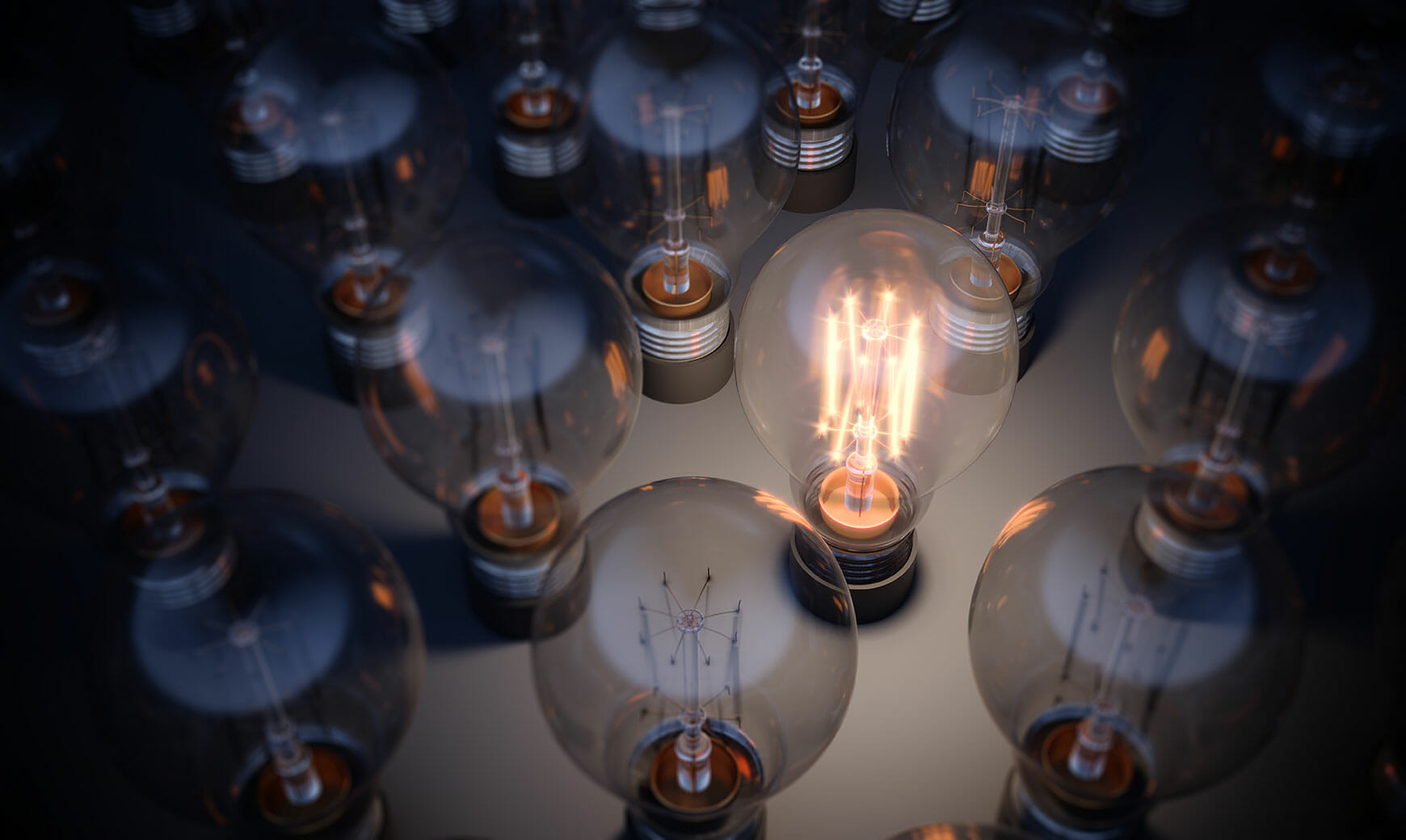For decades, authors and filmmakers have contemplated the challenges and opportunities presented when machines take on humanlike capabilities. In 1984, James Cameron sent us the Terminator, a cyborg created by SkyNet, an artificial intelligence (AI) system that became self-aware and sent its assassin back in time to influence future events. Numerous other robots, androids, and AI systems have entertained us in movies like 2001: A Space Odyssey (HAL the malevolent computer), Star Wars (R2D2 and C-3P0), and the Star Trek series (e.g., Commander Data in Star Trek: The Next Generation). But the humanlike abilities of AI, as helpful or problematic as they may be, present real legal questions that are yet to be answered.
Last year, a group of patent attorneys filed applications in the U.S. and in other jurisdictions naming no natural person as an inventor. Rather, the applications state that they relate to an “invention generated by artificial intelligence.” The attorneys filed the applications as part of a project (The Artificial Intelligence Project) “seeking intellectual property rights for the autonomous output of [AI].” Patent law, however, requires that applicants name a natural person as an inventor. Accordingly, the United States Patent and Trademark Office (USPTO) objected to the U.S. patent application, and the patent attorneys requested that the patent office declare that AI could be named as the inventor.
The patent attorneys allege that the invention claimed in the patent application was generated by a “creativity machine” programmed as a series of neural networks to independently create the invention. U.S. patent law requires that each application name an inventor, and further defines “inventor” as “the individual or, if a joint invention, the individuals collectively who invented or discovered the subject matter of the invention.” 35 USC § 100(a). The USPTO declined to construe “inventor” so broadly as to cover sentient machines, stating that references in the relevant patent statutes to whoever, himself, and herself, along with requirements for a person to sign an inventor’s oath or declaration, preclude such a broad reading of inventor. The USPTO further noted that case law holding that a state or corporation could not be inventor supports the notion that inventors must be natural persons.
The USPTO’s position leads to the ultimate result that AI-generated inventions may not receive patent protection. But with a rapidly developing industry in which AI output may be considered an inventor, it seems likely that patent attorneys for the AI inventor will appeal this decision, and like the Terminator, will be back.
What is less clear is whether the issue can be resolved through judicial proceedings alone. Will legislative action be needed to clarify who (or what) can be an inventor under U.S. law? Similar questions are being asked before the EPO in related European cases. The U.S. patent application referred to above is Ser. No. US 16/524,350. The application is not yet published, but the USPTO’s decision is available here.
